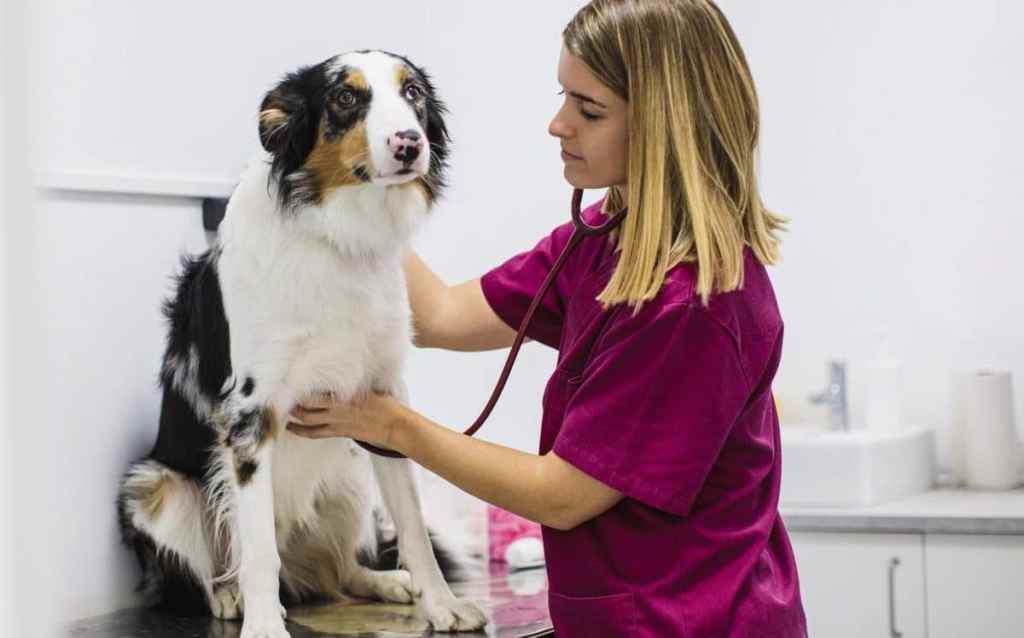Tachycardia in dogs refers to an abnormally rapid heart rate. The condition is usually characterized by heart rates greater than 140 bpm in large dogs, 160 bpm in medium-sized dogs, 180 bpm in small dogs, or 220 bpm in puppies. Here’s what you should know about symptoms, causes, and treatment for tachycardia in dogs.

Urethral Prolapse in dogs is a condition where a male dog's urethra emerges outside of the tip of the penis.…



